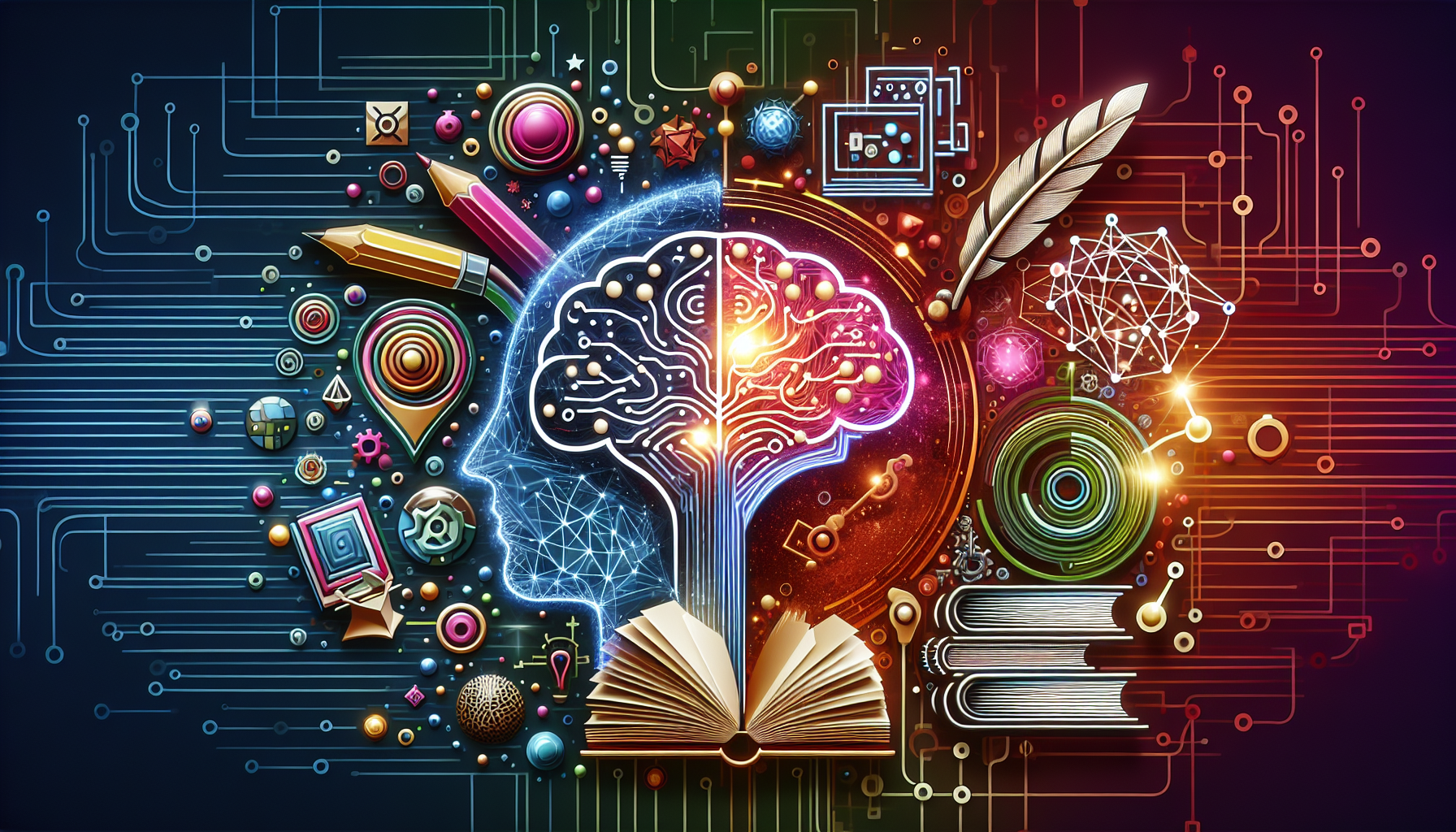Enhancing Storytelling: The Role of AI in Plot Development
In the realm of narrative creation, the interplay between technology and creativity takes on a fascinating form. Among these advancements, Artificial Intelligence (AI) has emerged as a pivotal force in bolstering the art of storytelling. AI’s role in plot development is reshaping how stories are conceived, structured, and delivered, offering an innovative toolkit for writers and creators alike. This digital ally is not only revolutionizing the logistics and mechanics of writing but is also unfolding new narrative possibilities by redefining the essence of creativity itself.
Automating Creativity: AI as a Creative Partner
At first glance, the notion of automating creativity might seem paradoxical. How can a machine comprehend the intricacies of human emotions, the nuance of subtext, or the depth of thematic significance? The answer lies not in AI replacing the writer, but in augmenting the writer’s capability. AI technologies like natural language processing and machine learning algorithms are being designed to understand narrative structure, character development, and even genre-specific tropes. They can generate plot ideas, character backstories, or story arcs, serving as a collaborative tool for writers to explore uncharted territories of their narrative landscapes.
Breaking Through Writer’s Block: AI as a Brainstorming Companion
One of the most significant contributions of AI to storytelling is its ability to assist in overcoming writer’s block. Through the generation of prompts, scenarios, or questions, AI tools can inspire writers with new angles and perspectives on their stories. This not only hastens the writing process but also enriches the narrative with unexpected twists and depth. The AI-driven brainstorming process keeps the creative juices flowing, ensuring that the narrative remains dynamic and engaging.
Enhancing Narrative Complexity
AI’s analytical capabilities allow it to handle and organize complex narrative structures effortlessly. It can track multiple narrative threads, ensuring consistency and coherence throughout the story. For writers dabbling in genres that demand intricate plotting—such as mystery, science fiction, or epic fantasy—AI can be instrumental in mapping out the plot, keeping track of characters, and weaving together various story elements. This allows for richer, more complex narratives that might have been too daunting to tackle manually.
Personalized Stories and Interactive Narratives
Moreover, AI is pushing the boundaries of storytelling into the realm of personalization and interactivity. Interactive narratives, where readers or viewers can influence the story’s direction, are being facilitated by AI. Through data analysis and machine learning, AI can adapt a story in real-time, according to the audience’s choices or even emotional reactions, creating a unique, immersive experience. This not only revolutionizes the reader’s engagement with the story but also expands the narrative possibilities exponentially.
Despite the fear that AI may overshadow human creativity, it’s important to recognize that AI acts as a tool under the writer’s guidance. The essence of storytelling—the conveyance of human experiences, emotions, and truths—remains firmly in the hands of the creator. AI serves to amplify this essence, offering ways to explore, experiment, and express that were previously unimaginable.
As we stand on the precipice of this new era in storytelling, embracing AI in plot development opens up a world where the boundaries of narrative creativity can be expanded beyond traditional confines. Through the symbiotic relationship between writer and AI, the future of storytelling looks not only more efficient but infinitely more captivating. The creative landscape is being redefined, heralding a future where the stories we tell are limited only by our imagination, and now, the innovative capabilities of AI.







